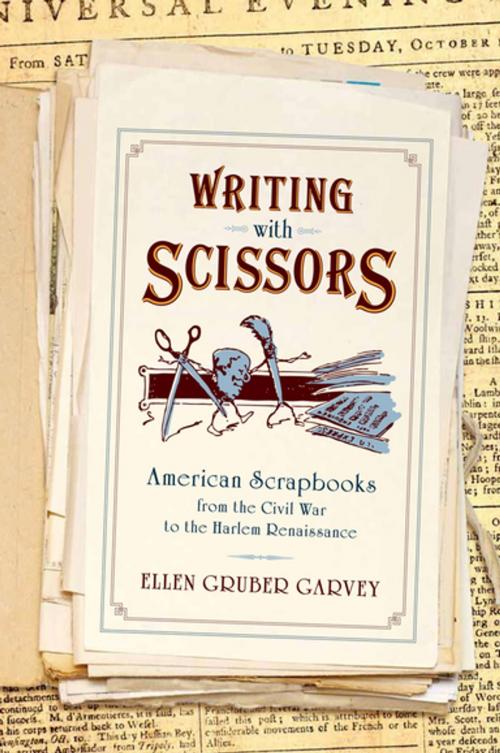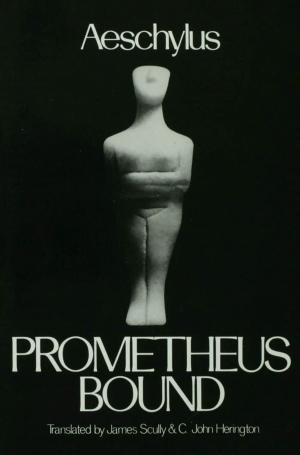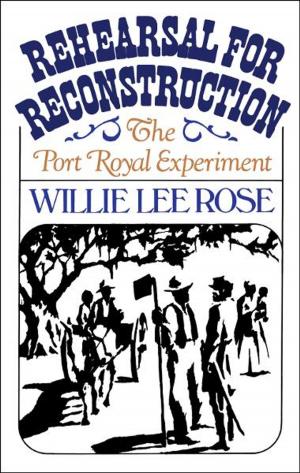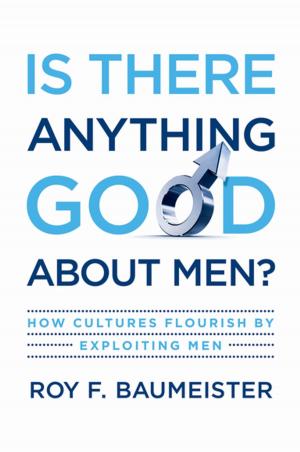Writing with Scissors
American Scrapbooks from the Civil War to the Harlem Renaissance
Fiction & Literature, Literary Theory & Criticism, American, Books & Reading, Nonfiction, History, Americas, United States, Civil War Period (1850-1877)| Author: | Ellen Gruber Garvey | ISBN: | 9780199987023 |
| Publisher: | Oxford University Press | Publication: | November 2, 2012 |
| Imprint: | Oxford University Press | Language: | English |
| Author: | Ellen Gruber Garvey |
| ISBN: | 9780199987023 |
| Publisher: | Oxford University Press |
| Publication: | November 2, 2012 |
| Imprint: | Oxford University Press |
| Language: | English |
Men and women 150 years ago grappled with information overload by making scrapbooks-the ancestors of Google and blogging. From Abraham Lincoln to Susan B. Anthony, African American janitors to farmwomen, abolitionists to Confederates, people cut out and pasted down their reading. Writing with Scissors opens a new window into the feelings and thoughts of ordinary and extraordinary Americans. Like us, nineteenth-century readers spoke back to the media, and treasured what mattered to them. In this groundbreaking book, Ellen Gruber Garvey reveals a previously unexplored layer of American popular culture, where the proliferating cheap press touched the lives of activists and mourning parents, and all who yearned for a place in history. Scrapbook makers documented their feelings about momentous public events such as living through the Civil War, mediated through the newspapers. African Americans and women's rights activists collected, concentrated, and critiqued accounts from a press that they did not control to create "unwritten histories" in books they wrote with scissors. Whether scrapbook makers pasted their clippings into blank books, sermon collections, or the pre-gummed scrapbook that Mark Twain invented, they claimed ownership of their reading. They created their own democratic archives. Writing with Scissors argues that people have long had a strong personal relationship to media. Like newspaper editors who enthusiastically "scissorized" and reprinted attractive items from other newspapers, scrapbook makers passed their reading along to family and community. This book explains how their scrapbooks underlie our present-day ways of thinking about information, news, and what we do with it.
Men and women 150 years ago grappled with information overload by making scrapbooks-the ancestors of Google and blogging. From Abraham Lincoln to Susan B. Anthony, African American janitors to farmwomen, abolitionists to Confederates, people cut out and pasted down their reading. Writing with Scissors opens a new window into the feelings and thoughts of ordinary and extraordinary Americans. Like us, nineteenth-century readers spoke back to the media, and treasured what mattered to them. In this groundbreaking book, Ellen Gruber Garvey reveals a previously unexplored layer of American popular culture, where the proliferating cheap press touched the lives of activists and mourning parents, and all who yearned for a place in history. Scrapbook makers documented their feelings about momentous public events such as living through the Civil War, mediated through the newspapers. African Americans and women's rights activists collected, concentrated, and critiqued accounts from a press that they did not control to create "unwritten histories" in books they wrote with scissors. Whether scrapbook makers pasted their clippings into blank books, sermon collections, or the pre-gummed scrapbook that Mark Twain invented, they claimed ownership of their reading. They created their own democratic archives. Writing with Scissors argues that people have long had a strong personal relationship to media. Like newspaper editors who enthusiastically "scissorized" and reprinted attractive items from other newspapers, scrapbook makers passed their reading along to family and community. This book explains how their scrapbooks underlie our present-day ways of thinking about information, news, and what we do with it.















